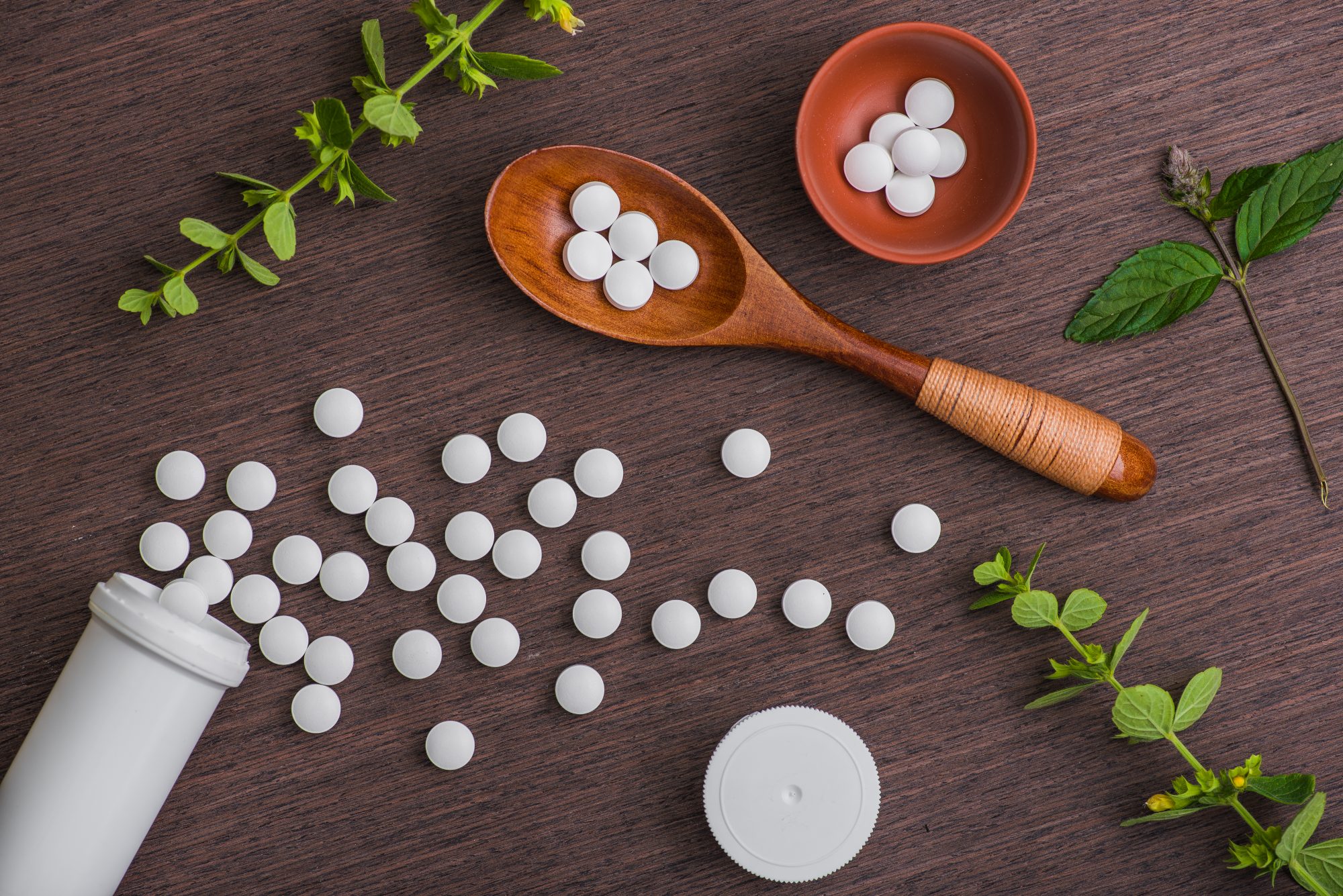The tumultuous flu season of 2018 may be coming to a close, but we’re still reeling from the chaos it sparked. No one seemed to be prepared for the severity or frequency of illness and for many, traditional (Western) treatments quickly became the default.
Recently, The British Journal of Clinical Pharmacology found that overuse of the painkiller acetaminophen increases during the flu season in the US. A study by the same journal found that France also overused the medication.
According to the US portion of the study (based on almost 14,500 US adults), 6.3% of acetaminophen users take more than the recommended dose throughout the year. But during cold and flu season, US adults were 24% more likely to take more than the max recommended dose of 4,000 milligrams at least once a week. Whoa!
It’s worth mentioning that the overall change in overuse isn’t so big (5.3% throughout the year, compared to 6.5% during flu season), but it’s definitely something to think about–especially when painkiller use could cause harmful consequences. Should we really be using this products as often as we do?
The Problem with Painkillers
Painkillers are available to purchase over-the-counter and more potent ones are prescribed by medical professionals. Although these medications are intended to improve a person’s quality of life, they only target the symptom as opposed to the overall cause of the issue. So the final result may worsen the problem since it’s a temporary band-aid solution.
While acetaminophen is just one class of painkillers and the safest of the bunch, any frequent painkiller usage can be pretty detrimental.
Some painkillers are opiods, which means they can become addicting. While these are prescribed and “regulated” as medicine by physicians, the US is battling a major opiod addiction crisis.
Other painkillers are classified as non-steriodal anti-inflammatory drugs (NSAID’s). Long-term use of NSAID’s can leave adverse effects, especially when not following specific medical professional direction. Some of these issues include kidney and liver damage. These medications could also affect your blood, causing thrombocytopenia (reduced blood platelets in blood) and anemia. If you already have health issues or digestive issues, NSAID’s can worsen them and even cause stomach bleeding.
Scary stuff!
Why Painkillers?
Our busy lives and inability to stop or cancel work or family obligations are a few reasons as to why our culture has adopted immediately, yet harmful “solutions” such as painkillers. Plus, some people see them as a cure-all medication, without thinking of the consequences.
It’s always important to consult with your doctor when taking medications or dealing with an illness that doesn’t leave your system for awhile. Ask for alternatives and do your own research about your health as well as all the different ways to treat the cause, as opposed to the symptom.
A Different Approach – Injury Recovery Pack
Speaking of alternatives, many people, including Western doctors have began to turn away from the painkiller-default and rely on natural remedies. Not only are some items like tumeric, ginger and white willow bark, multi-purposeful, but they are non-addictive and help boost other body systems, too.
Obviously, we love the idea of naturally soothing our bodies, which is why we do what we do! In regards to injury and pain, we’ve created a number of potent, safe and effective products.
Our new Injury Recovery Pack can help ease injury pain and aches, naturally. The pack contains:
- Joint Flex – Can stimulate the rebuilding of connective tissue and aid the body’s response to inflammation
- Apothe-Cherry – Can support healthy joint function
- Super Xanthin – May protect muscle tissue from damage
- EASE Spray – Can support the body’s response to inflammation and physical tension
Each product can help ease the road to recovery, helping you live daily life easier. Happy healing!
Read up on painkillers:
https://www.reuters.com/article/us-health-drugsafety-flu-season/painkiller-overuse-spikes-during-cold-and-flu-season-idUSKBN1H52GB
https://www.healthline.com/health-news/how-pain-killers-could-be-hurting-your-heart#2



